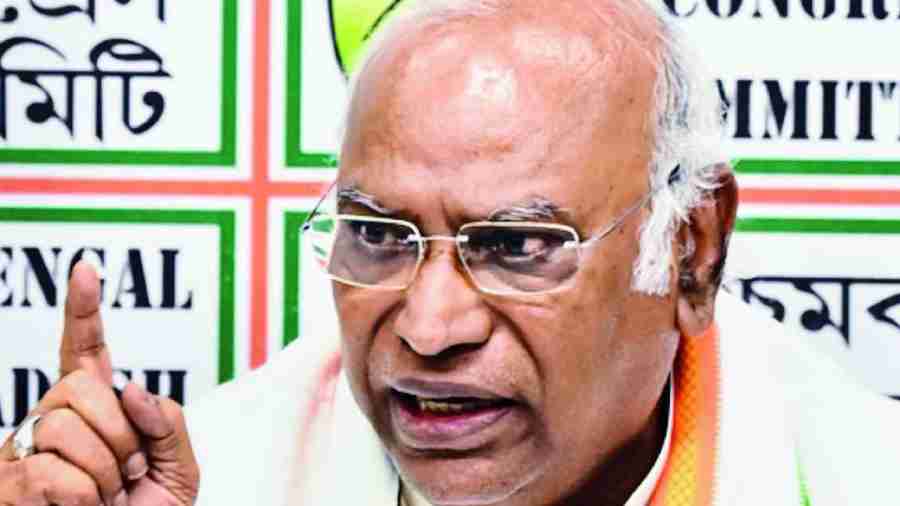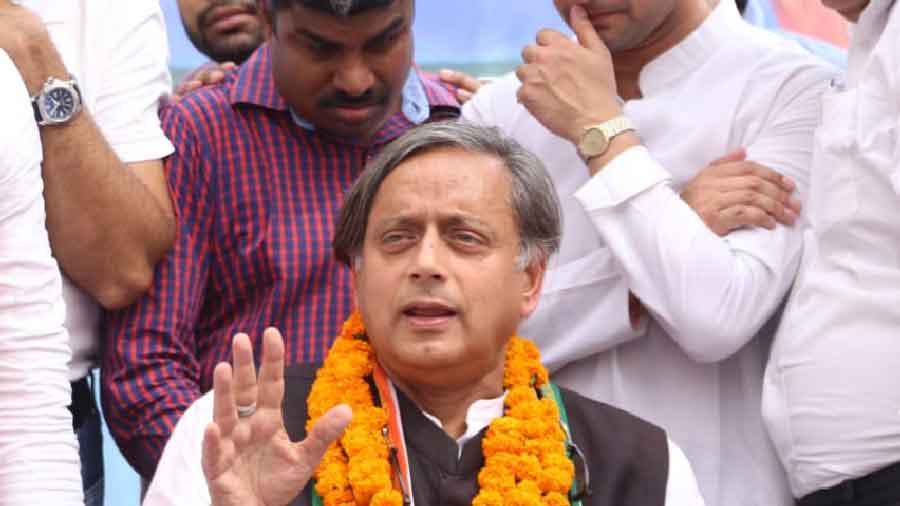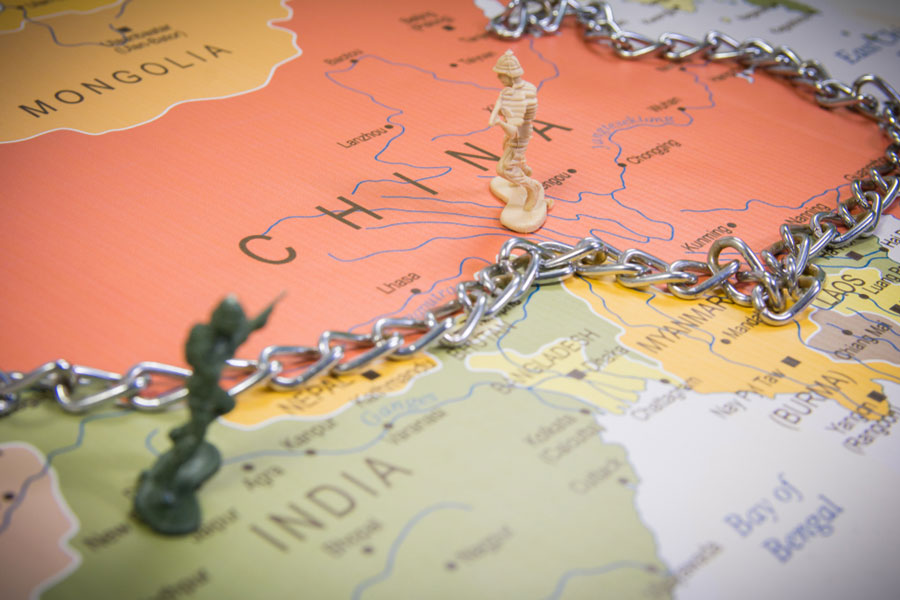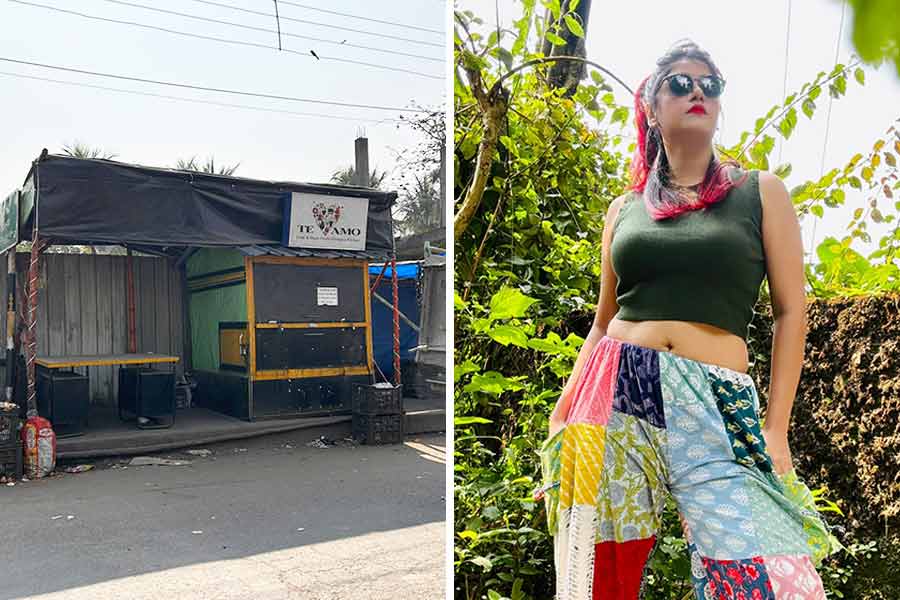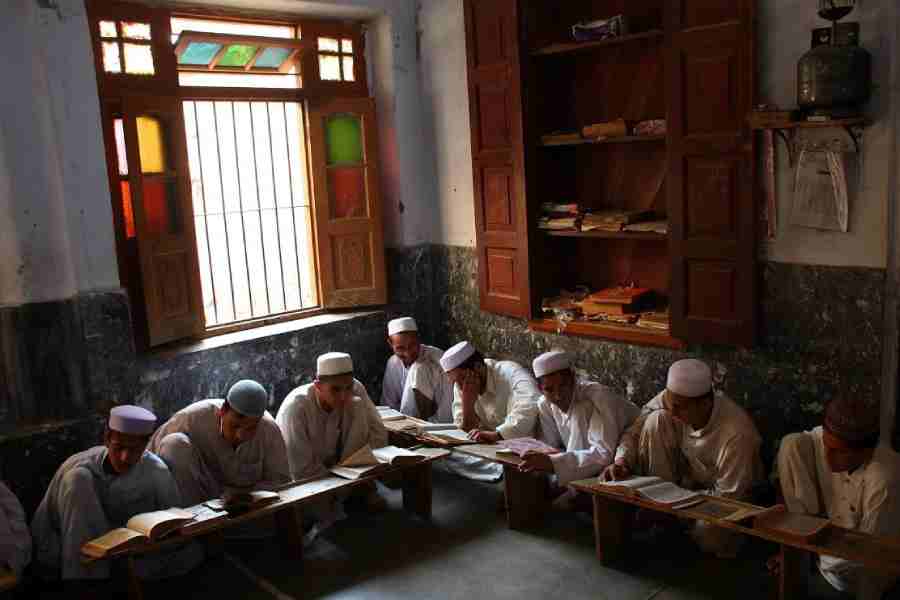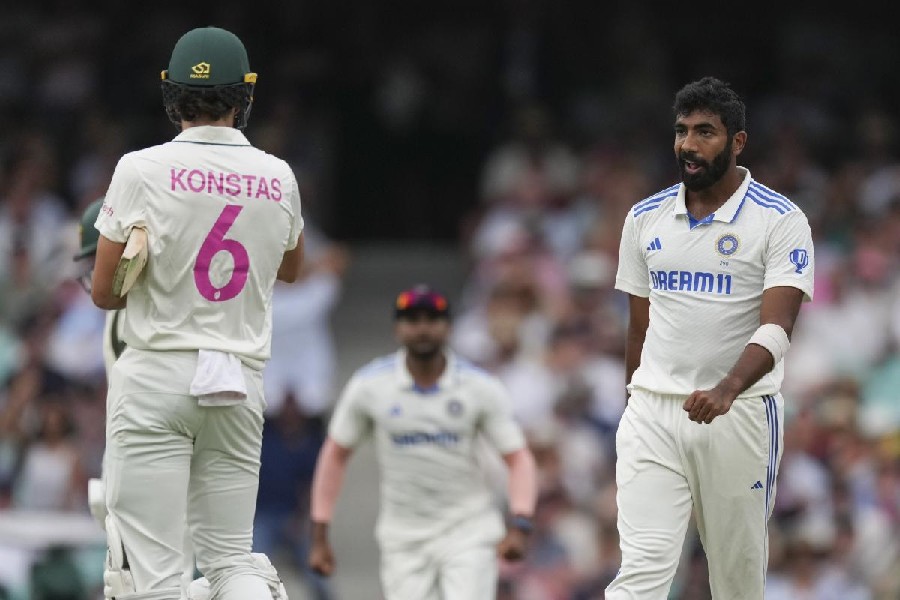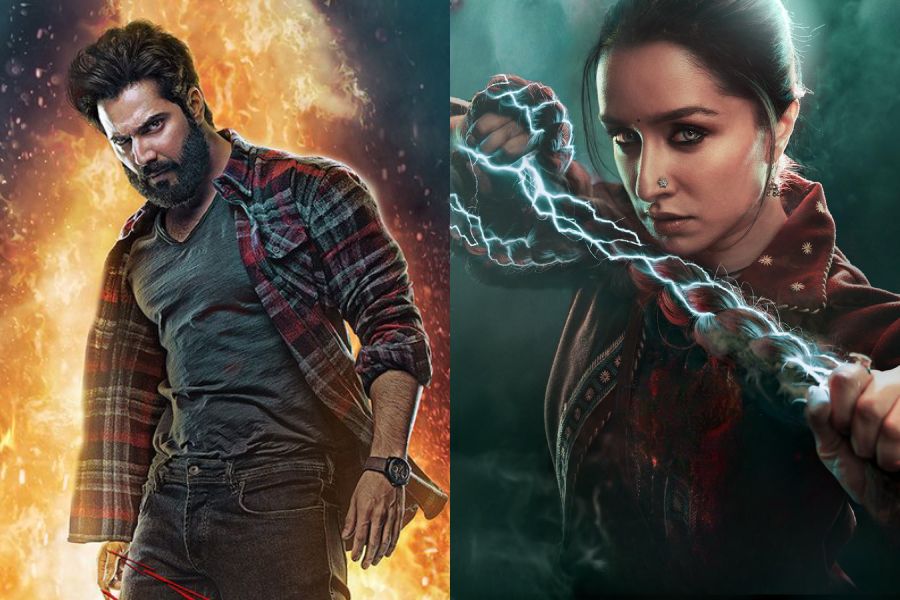The slogan of Mallikarjun Kharge, contesting for the Congress president’s post, is collective leadership as he believes that the revival of the party cannot be an individual flight of fancy.
The pronoun “we”, not “I”, plays a pronounced role in the narrative of the veteran Dalit leader against his flamboyant challenger Shashi Tharoor’s high-profile campaign, woven around his personal charisma and erudition.
In an exclusive interview with The Telegraph, Kharge dismissed the perception of his candidature being propped up by the Nehru-Gandhi family so that he could be remote-controlled. Excerpts:
Q: There is a belief that you are the official candidate, contesting with the blessings of Sonia Gandhi and Rahul Gandhi.
Kharge: I am the candidate of Congress delegates. Before filing nomination, I consulted every senior leader. They all came to support me on their own. I got countless calls, requesting me to contest, if nobody from the Gandhi family was willing to become the party president. They told me, “Your stature, your courage in standing up to the RSS-BJP throughout your life, your commitment to the party make you the best choice”. I don’t know if a candidate with the overwhelming support of leaders and party workers can be called a candidate propped up by the Gandhi family.
Q: Tharoor described you as pro-establishment, a candidate for the status quo, whereas he is an agent of change.
Kharge: Everybody is entitled to his opinion. I haven’t joined politics yesterday: I have a track record of 51 years. I haven’t done politics under anybody’s control. I certainly believe in the consensual approach and collective leadership. I respect good ideas coming from anybody, senior or junior. These labels of being “pro-establishment, status quo”… are used without serious thought. Change is a natural phenomenon. The Congress leadership brought in the Green Revolution, bank nationalisation, built public sector units and great institutions. They introduced economic liberalisation.
Today, some things may appear irrelevant but they were important when those decisions were taken. Indira Gandhi’s 10-point, and then the 20-point, programme tremendously helped the poor but they may not appear enticing today.
What is this status quo? I fight for principles and ideology. I will definitely take everybody along. Change or revival of the party is not a personal fancy; it is going to be a collective effort. The road map has already been finalised by the Udaipur declaration; there is a well-defined agenda. Was that an individual’s idea? Teams of experts from the party were formed on every subject. Tharoor may not have any faith in their collective wisdom; my job will be to ensure we all dedicate ourselves to work for those objectives. I alone, or my vision, doesn’t matter.
Q: An impression has been created that you will be remote-controlled by Rahul Gandhi. Tharoor also said there is no level playing field in this election.
Kharge: Rahul Gandhi has himself answered that question. These are bogus apprehensions. I am not a greenhorn in politics. I am pained that our internal election has been projected as a personality contest, like the American presidential election. This shows immaturity. We are all together required to work with unity of purpose. What is this allegation of (being) pro-establishment and the absence of a level playing field? Are these delegates all remote-controlled? If party leaders and workers express support for me, should I tell them not to do so to ensure a level playing field? All the senior leaders came for my nomination. Should I have stopped them?
These colleagues — Naseer Hussain, Deepender Hooda, Ramesh Chennithala, Gaurav Vallabh — resigned to campaign for me. What should I do, tell them not to support me? If people don’t support others, I can’t do anything about it. We should not talk about organisational weaknesses outside. The hype created about the internal election outside the party is unfortunate. Tharoor is a scholarly person, let him decide his course.
Q: Tharoor’s manifesto promises revival of the parliamentary board. It focuses on outreach to industry and professionals. The typical pro-poor rhetoric is missing from his discourse….
Kharge: I told you, what is the point of a personal manifesto? We all have to collectively address issues and strengthen the party. This is an internal election; I don’t want to comment on personal views. This is not the time to attack each other. ‘I will do this, I will do that’ — I don’t believe in such discourse. What decisions will be taken after I become the president is a matter for the future. No point discussing it now. We should instead be worrying about how to fight the RSS-BJP’s ideology that is destroying the country, about unemployment, prices, the economy.
Q: A perception was created about a generational conflict in the Congress ever since Rahul took over. How come an 80-year-old is the so-called official candidate if Rahul opposed senior leaders? Did you ever feel any generational conflict in the party?
Kharge: Different leaders came at different points of time. Changes keep happening all the time. We saw the Kamraj plan (national and state leaders giving up their posts and dedicating themselves to rebuilding the party) in the Congress. These changes must not be seen as a generational conflict. Age is never the overriding factor; political battles are fought together. Today Rahul Gandhi is walking from Kanyakumari to Kashmir; do you think senior leaders don’t support that? Everybody supports the Bharat Jodo Yatra. I see a unity of purpose.
Q: The G23 got dissolved with your candidature. Is that an instant achievement?
Kharge: There was nothing like a G23, it was a media creation. There never was a separate bloc in the party. All those leaders are dedicated to the Congress; projecting them as rebels is wrong. As far as reforms are concerned, the Udaipur declaration lays down the path. Younger leaders will be promoted, weaker sections will be promoted. We will all fight for economic and social justice. We will collectively work for a better and stronger Congress.

